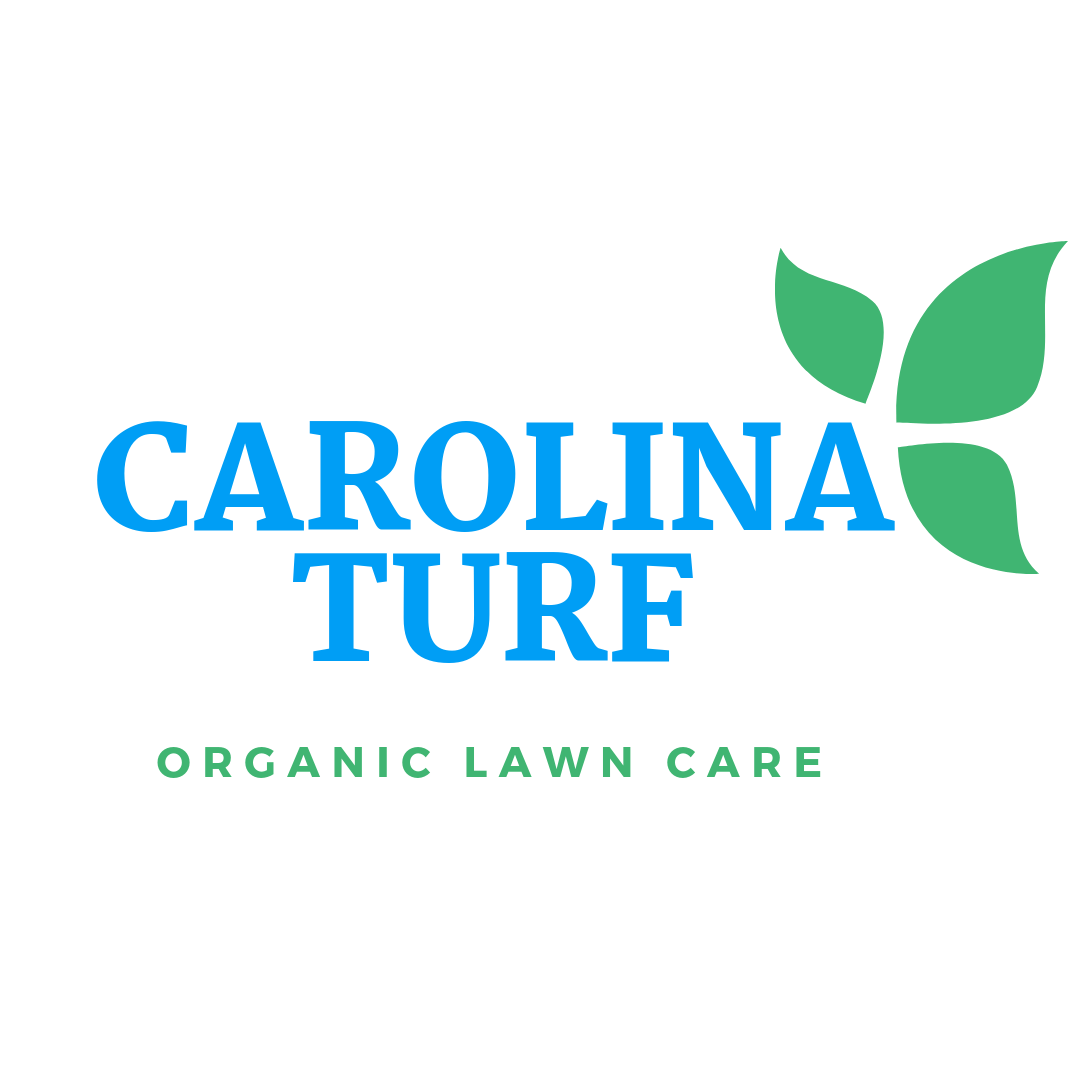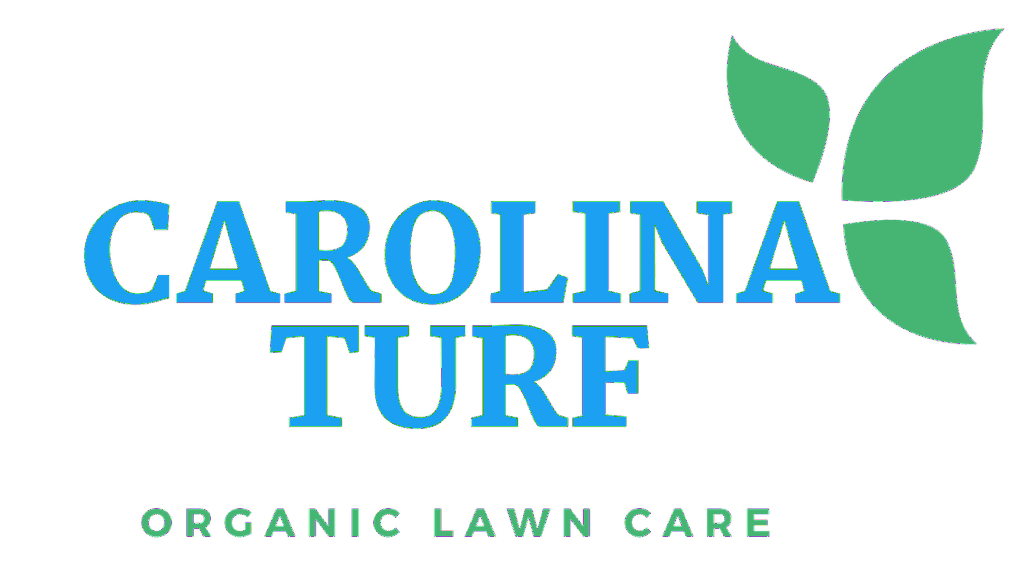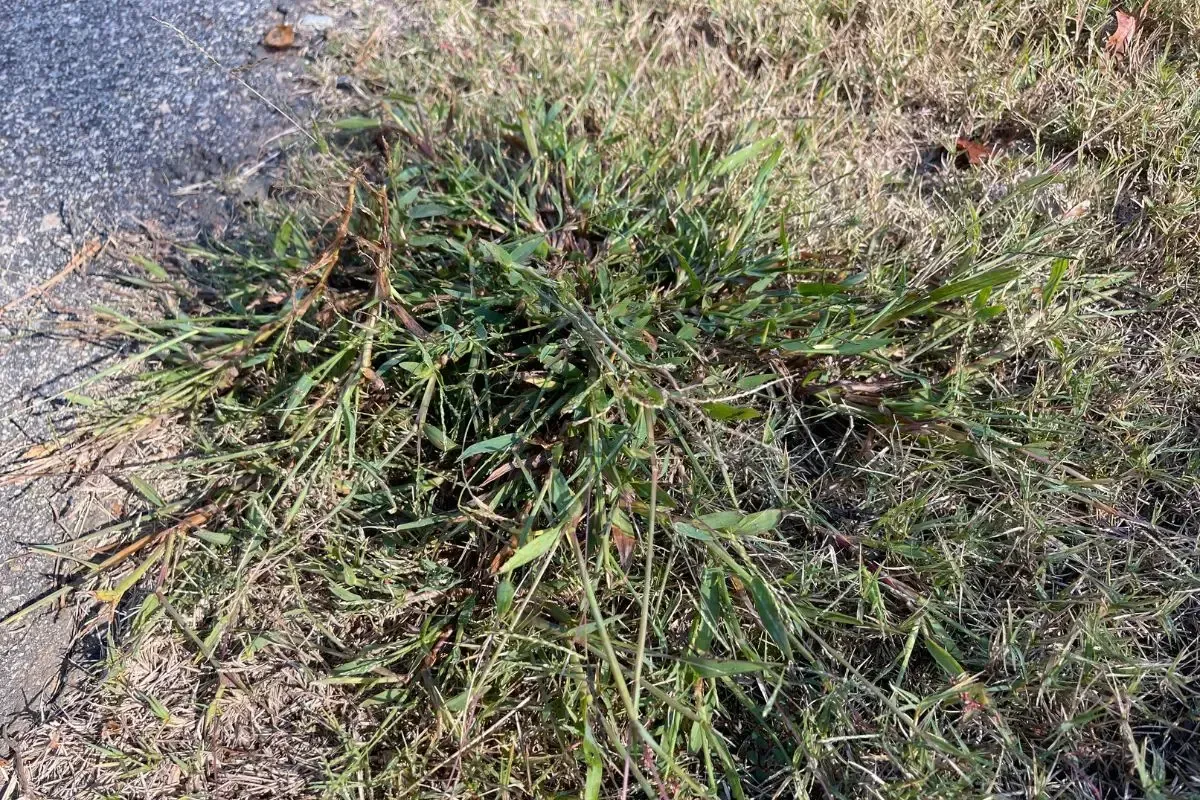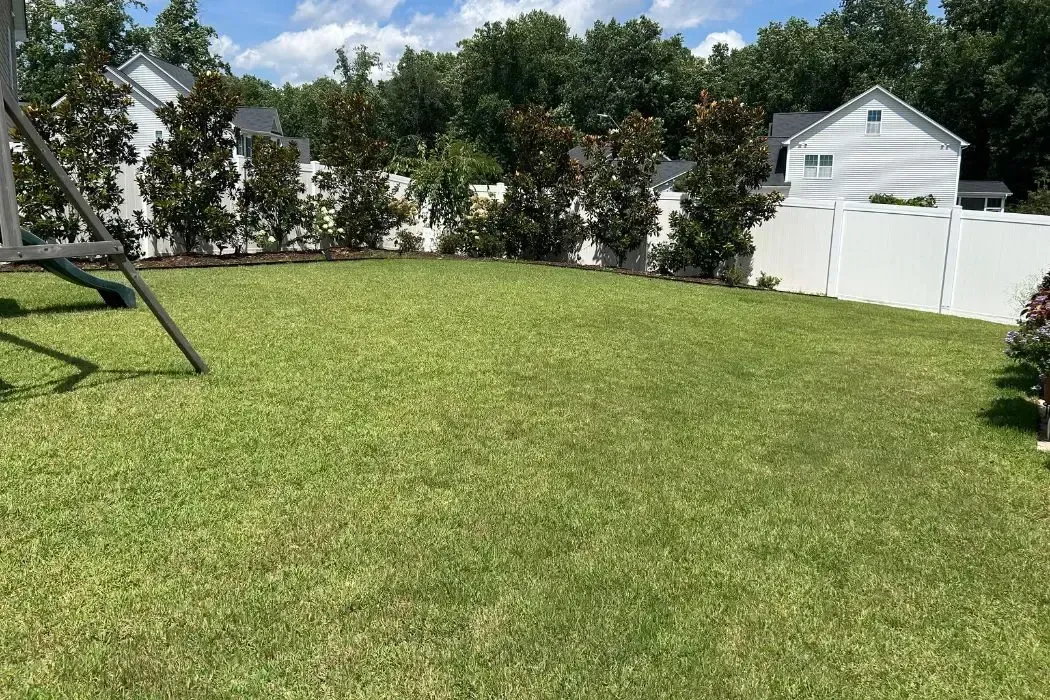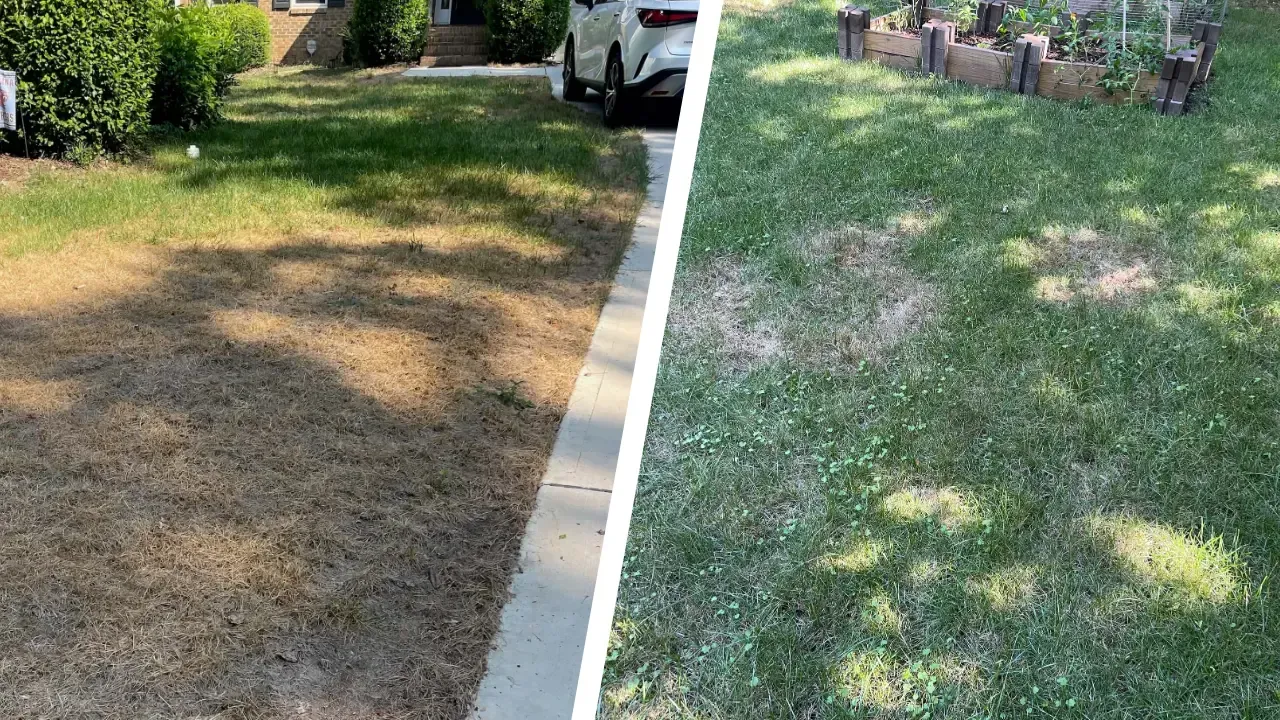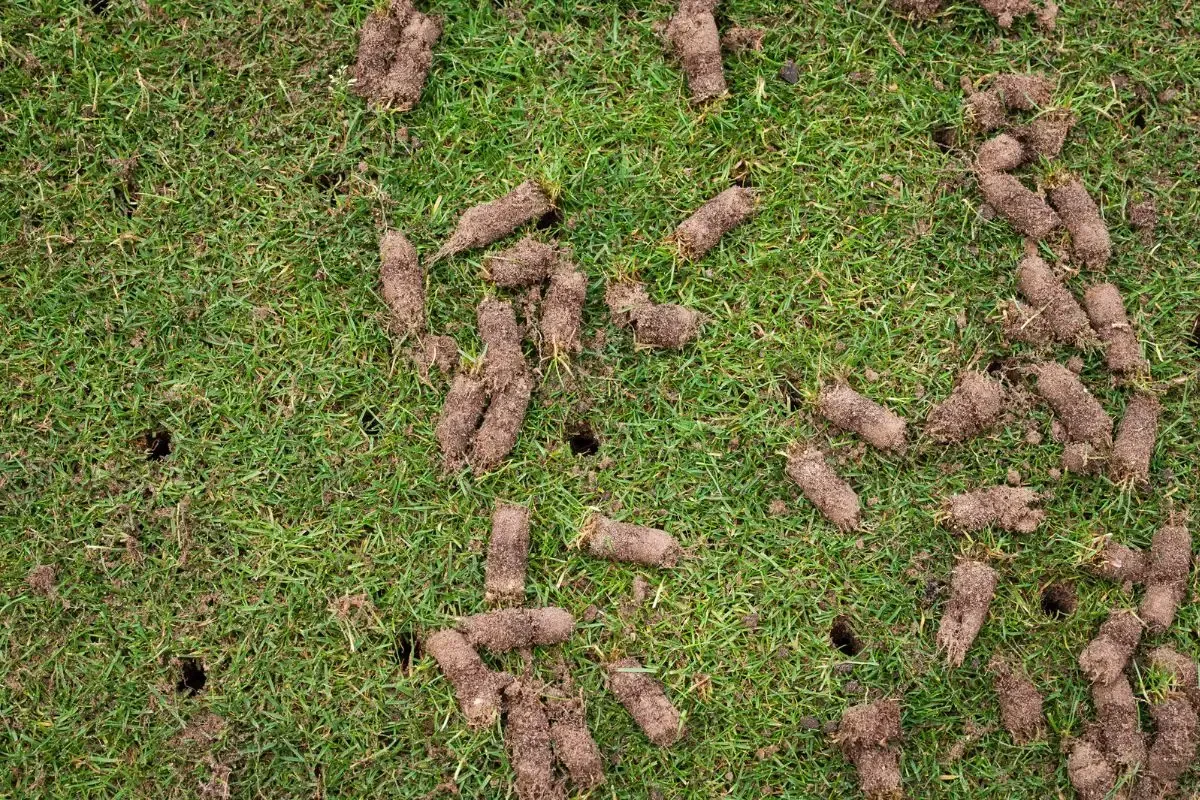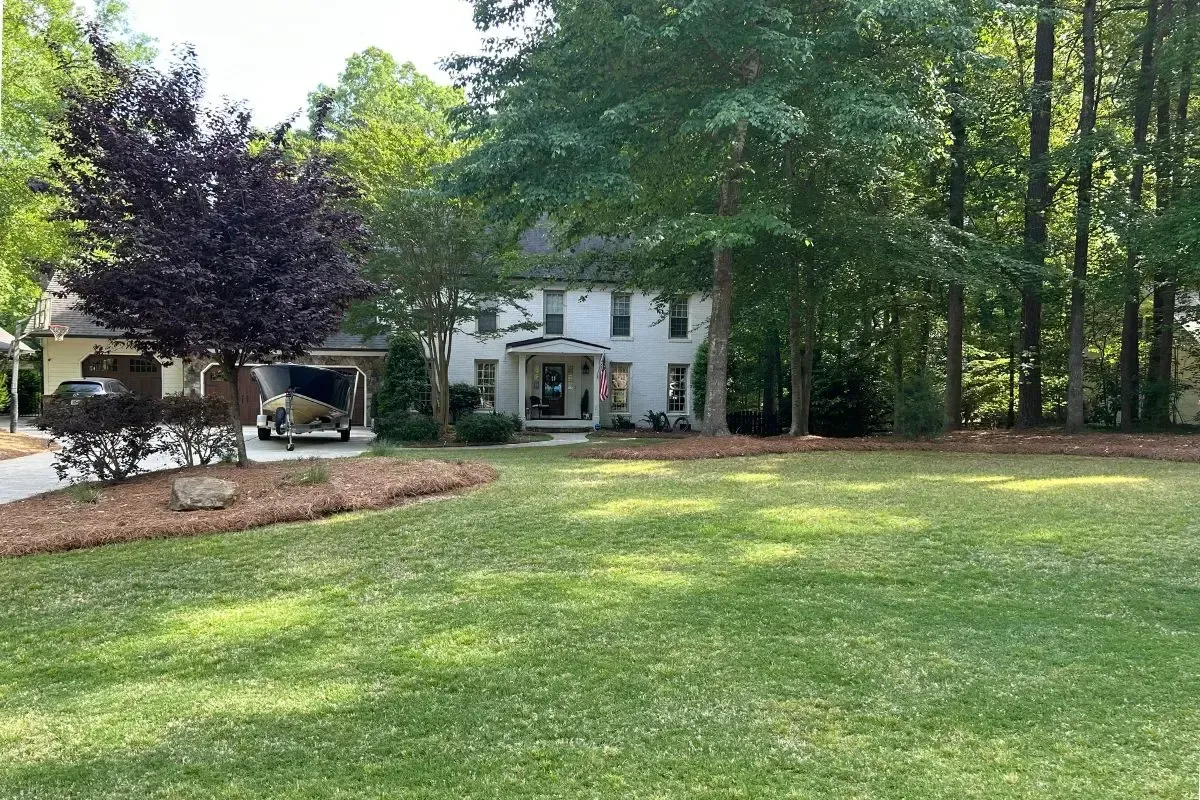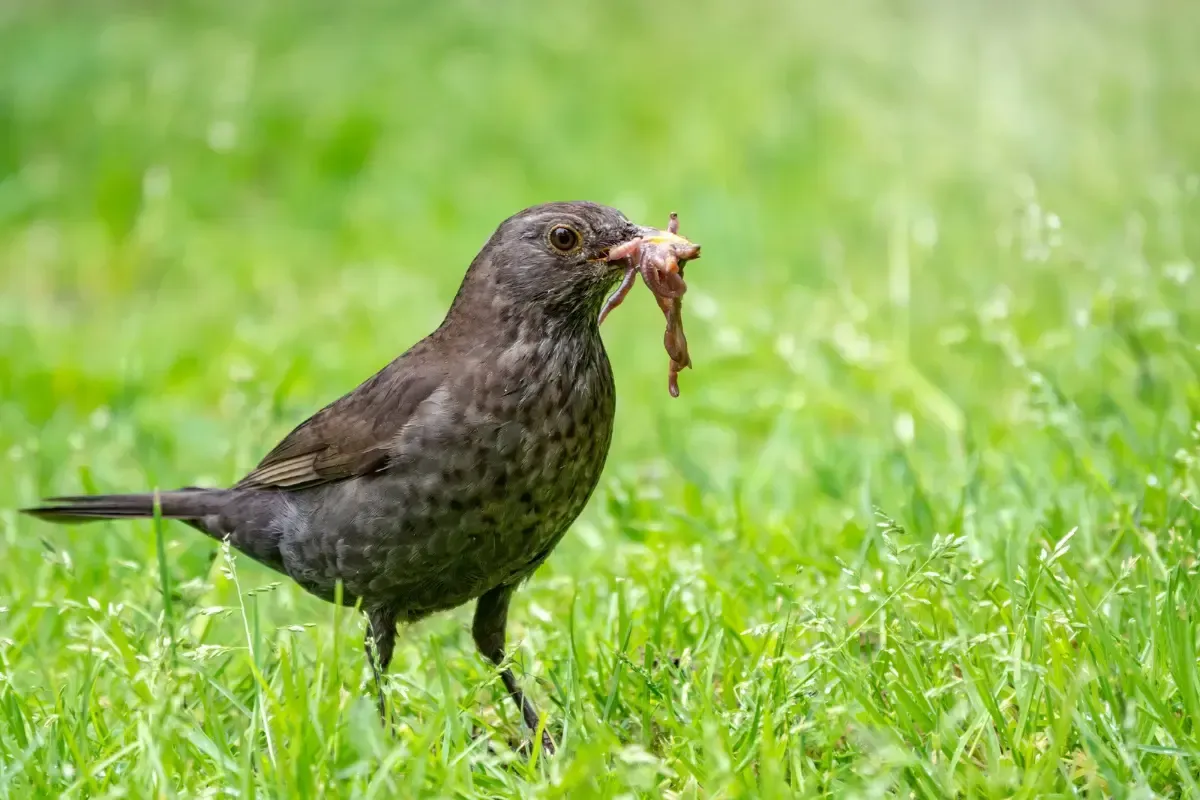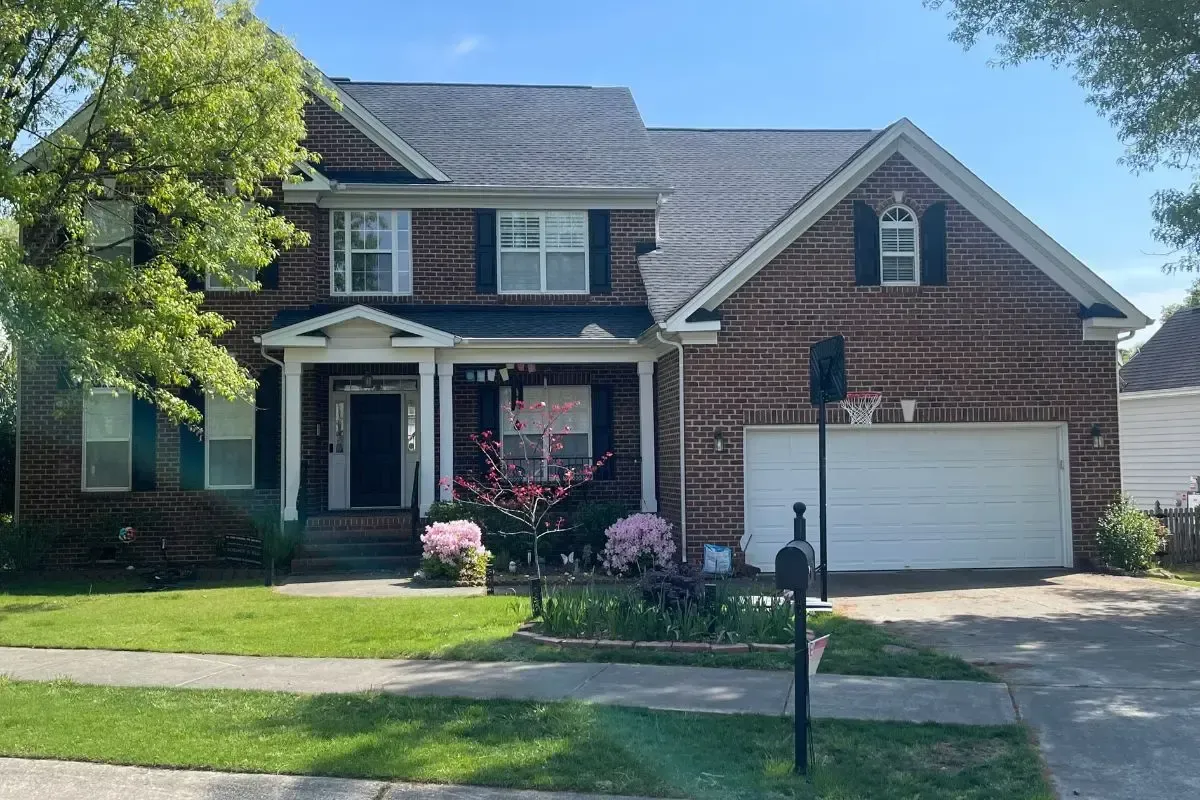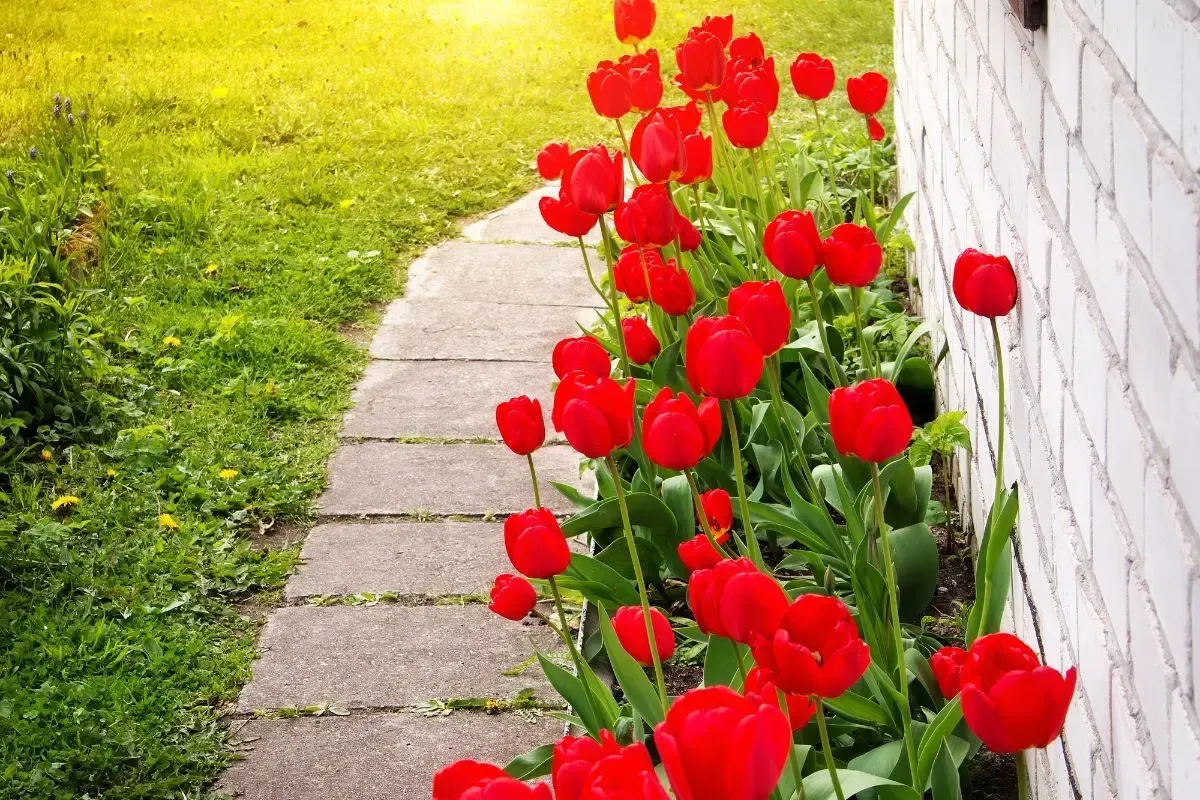Is Your HOA Using Toxic Lawn Care Products In Your Neighborhood?

It’s one thing to ensure your own home and yard are maintained without using harmful chemicals, but do you know what has been applied to the grass and natural areas of your immediate neighborhood?
Real-Life Case Study
Our own family asked this very question to our home owners’ association (HOA) and below was their response in a nutshell. We suspect your HOA would respond in much the same way.
“As for chemicals; we use Roundup in the plant beds. Will probably use it on some dormant Bermuda grass to kill POA annual as well. These chemicals are sprayed at very light rates 1 to 3 oz of chemical to 128 oz of water. After they dry on the leaf surface (usually less than 1 hour) most of the chemical cannot be absorbed the first day, less the second day, and almost none by the third day.
As for Broad leaf weed control we will start out using Speedzone red with primary active ingredient 2,4-D- Ethylhexyl ester. Will use Surge in the summer; this chemical take s out Sage weeds. There are no organic chemical herbicides available that have been proven to come close to the control of the synthetic chemicals. These organic products are more expensive , take multiple applications (more labor), and in most cases do not work well. Several organic herbicides can burn your skin so it is ironic that these chemicals are called 'safe'."
Calling BS
So let’s debunk this picture they’re painting, which clearly came directly from the lawn care company currently applying these chemicals and protecting their revenue.
"As for chemicals; we use Roundup in the plant beds."
In 2015, The World Health Organization declared glyphosate, the main ingredient in Roundup, as “probably carcinogenic to humans”. Glyphosate-containing herbicides have already been banned in 3 countries with several more in the process of implementing such bans. And there have famously been a number of court cases against Roundup’s manufacturer Bayer (formerly Monsanto) claiming that the product caused cancer for its users - and they’ve been forced to pay millions of dollars in damages.
Furthermore, glyphosate is not the only ingredient in Roundup. While the manufacturer does not have to reveal the inactive ingredients on its label due to them qualifying as “trade secrets”, one of the inert ingredients in Roundup, polyoxyethylene alkylamine (POEA), a surfactant, according to research was harmful to the living cells and about 2,000 times more toxic than lower doses of glyphosate only.
"After they dry on the leaf surface (usually less than 1 hour) most of the chemical cannot be absorbed the first day, less the second day, and almost none by the third day."
Mmmkay. What we can tell you from taking a certification course in order to be licenced in weed control, you're advised to wash the clothing used while spraying Roundup IN A SEPARATE WASHER from the one you wash your family’s clothes in to avoid contamination. And if that’s not an option, run two cycles on empty in between in order to rinse the washer out thoroughly.
So tell us again how it’s safe to touch after one hour? The caution label on the Roundup container itself instructs on first aid procedures if your skin or clothing comes in contact with the chemical:
- Take off contaminated clothing
- Rinse skin immediately with plenty of water for 15-20 minutes
- Call a poison control center or doctor for treatment advice
"Speedzone red with primary active ingredient 2,4-D."
2,4-D is one of the most commonly used lawn chemicals in the U.S. There are reports that 2,4-D can decrease fertility and raise the risk of birth defects. In 2015, the International Agency for Research on Cancer declared 2,4-D a possible human carcinogen, based on evidence that it damages human cells.
Also worrisome is the fact that 2,4-D sticks around in the environment. By the EPA's own measure, 2,4-D has already been detected in groundwater and surface water, as well as in drinking water. We’re back to the question of when is it safe to touch the treated lawn.
"Will use Surge in the summer."
Surge is another herbicide with 2,4-D as the primary ingredient. An interesting tidbit, 2,4-D was one of the two active ingredients in the infamous Agent Orange used in the Vietnam war.
After the product is applied on the lawn, the chemical residues are tracked indoors on shoes or pet paws, and contaminate the carpets. Because 2,4-D is only broken down by direct sunlight, once the residues get into the house the pesticide lingers for months or even years.
"There are no organic chemical herbicides available that have been proven to come close to the control of the synthetic chemicals."
Well that’s just silly, they just haven’t bothered to try. Carolina Turf uses commercially produced organic herbicides and pesticides that do the job just as well if not better (judging by the 500% increase in our service demand, year-over-year).
This is also somewhat based on individual opinion. Some people want plastic surgery on their face, some think it’s dangerous and looks unnatural. So if you prefer to Mickey Rourke your own yard, you do you. Just don’t take your neighbors down with you.
These organic products are more expensive , take multiple applications (more labor), and in most cases do not work well. Several organic herbicides can burn your skin so it is ironic that these chemicals are called "safe".
Yes, organic products can be more expensive. You know what else is expensive? Cancer treatment.
They don’t require any more applications or labor than traditional weed control chemicals, so that’s a straight up lie.
They do work well, but you should commit to a year-round weed control program. Some weeds, like crab grass and nutsedge, that usually appear in the summer are actually treated by pre-emergent applied during the fall, winter, or spring.
And finally, of course organic herbicides can burn your skin. Have you ever gotten citric acid (lemon) or vinegar in a cut on your skin? They don’t send you to the hospital though!
What Can You Do?
We recommend that you, too, find out what your HOA is using to maintain your neighborhood. If you’re not happy with the answer, demand that they change vendors and help them find a company that will provide organic services. Get your neighbors involved also by educating them on the dangers of traditional lawn chemicals.
Our mission is to protect the health of all families and pets by eliminating toxins used in landscaping. We want neighborhoods that are safe for your family as well as this planet of ours. If you’d like to learn more about organic lawn care, our website
CarolinaTurfinc.com has a wealth of information. We also offer
DIY e-books that help you take your yard, and your safety, into your own hands.
